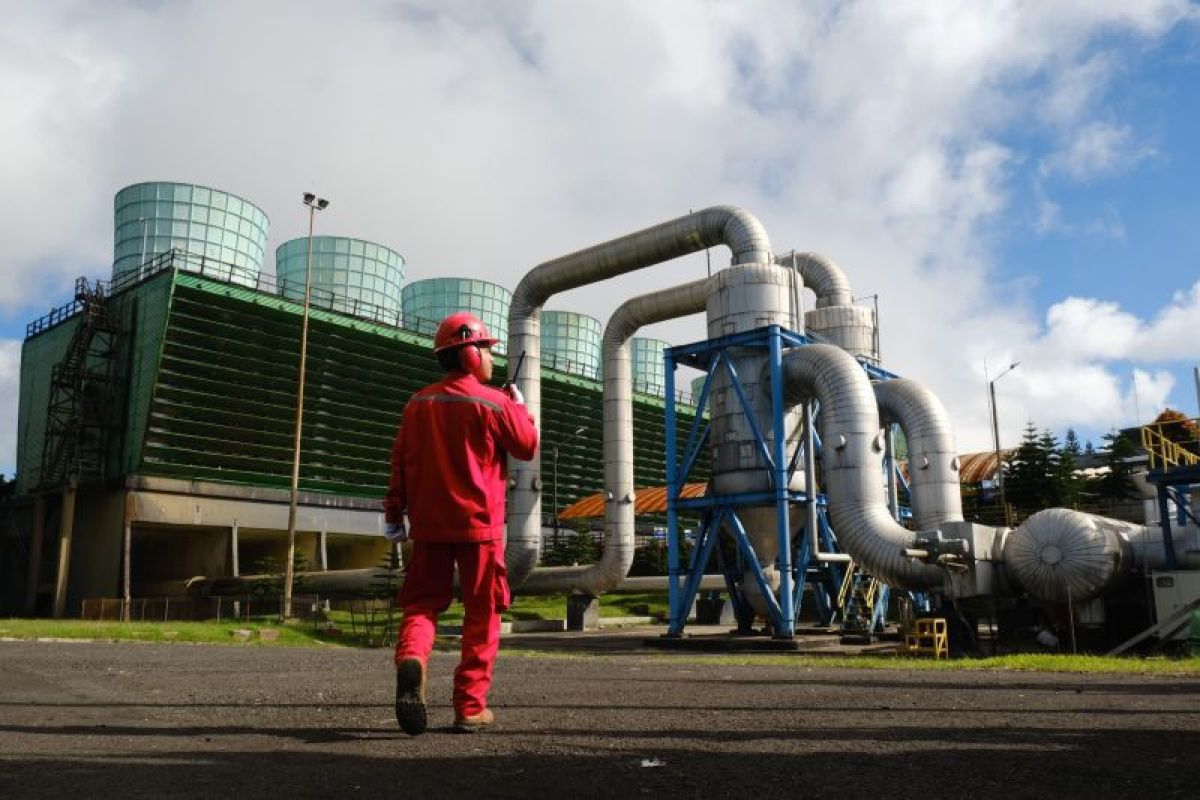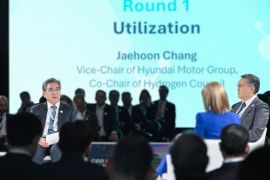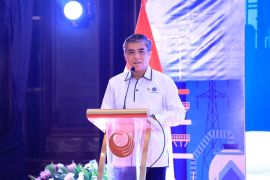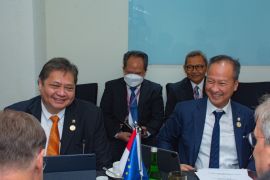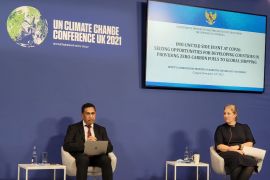Speaking at the 2nd Annual Indonesia Green Industry Summit (AIGIS) 2025 here Wednesday, Kartasasmita said the first driver is rising global demand for environmentally friendly products, with consumers increasingly favoring goods that offer sustainability value.
The second is the growth of green financing, as financial institutions prioritize projects aligned with environmental, social, and governance (ESG) standards.
"The third factor is government support through decarbonization roadmaps, fiscal incentives, investment facilitation, and resource efficiency regulations," he said.
The fourth factor, he added, is global trade policies like the EU's Carbon Border Adjustment Mechanism (CBAM), which penalizes carbon-intensive imports.
Related news: Indonesia eyes greener industry with university backing
Kartasasmita urged Indonesian industries to meet low-emission standards or risk losing competitiveness in export markets.
To reach the industrial sector's net-zero emissions (NZE) target by 2050, he said the government is focusing on energy efficiency, renewable energy use, and low-carbon technologies.
For hard-to-abate emissions, Kartasasmita pointed to solutions such as Carbon Capture Utilization (CCU), citing a pilot project underway at PT Petrokimia Gresik.
The ministry is also exploring microalgae-based carbon capture, which could generate biomass, green hydrogen, and raw materials for cosmetics.
Related news: Indonesia urges cement firms to export, go green to cut surplus
Translator: Ahmad, Kenzu
Editor: Rahmad Nasution
Copyright © ANTARA 2025
